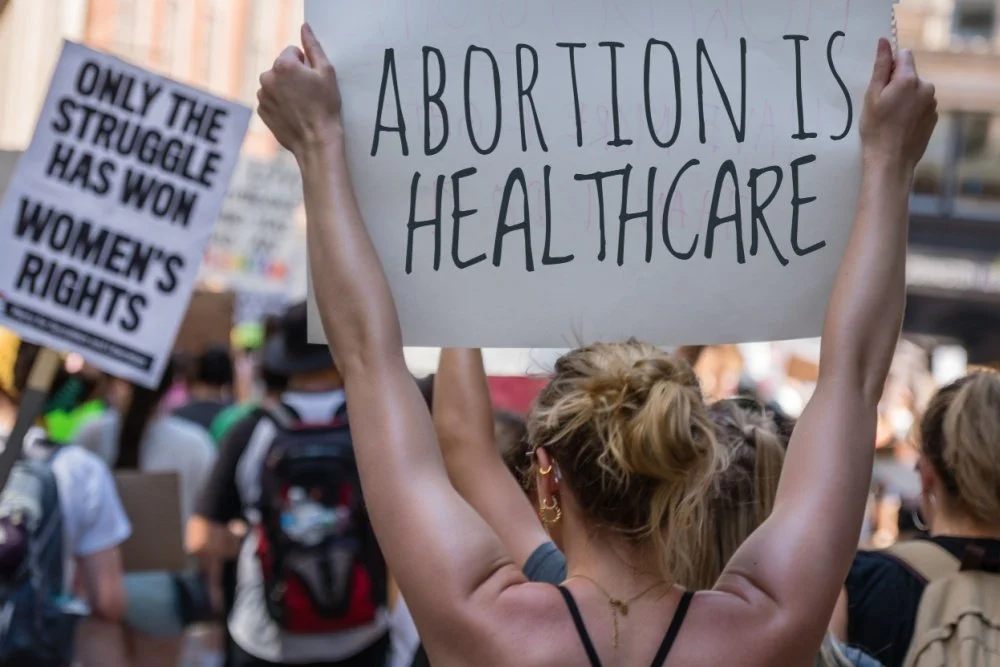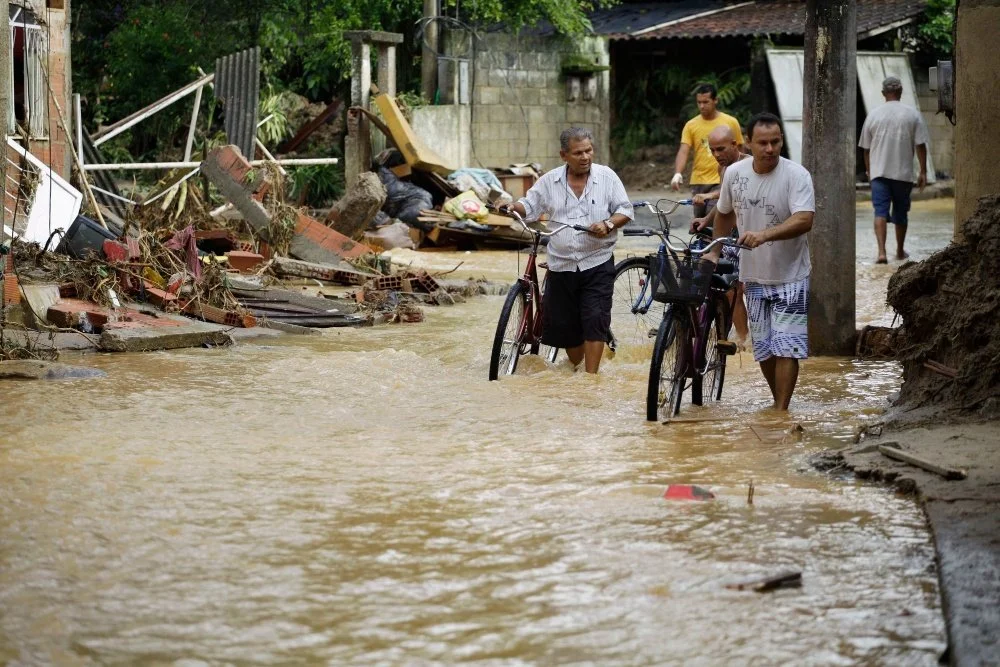This Southeast Supermarket Chain Is Fighting Hunger With More Than Groceries
/photo: Serenethos/shutterstock
Many of the big grocery store chains have their own philanthropic foundations and these grantmakers are interesting to watch because they are often significant local funders for basic needs. In the past, we have covered the Safeway Foundation, which is headquartered in the San Francisco Bay Are and focuses much of its grantmaking on hunger relief and human services.
If you’ve ever spent much time in the Southeast, you’re likely familiar with the Publix chain of grocery stores. This brand stands out among local shoppers because of its people-first culture puts customer service above price. This is the grocery store to come to if you’re looking for good old-fashioned Southern hospitality with smiling staff members to help you find things in the aisles, unload your cart, bag your groceries, and even carry them out to your car. (Although not everyone is thrilled with Publix, as I'll explain in a moment.)
Publix has extended that sort of people-first mentality to its philanthropy as well. Publix Super Markets Charities, which is based in Lakeland, Florida, is addressing hunger in the local communities that it serves. The corporate funder recently awarded $5 million in grants to Feeding America member food banks, nonprofits, and schools. But contrary to what you might expect, this donation isn’t coming in the form of expired food items from Publix stores. In fact, the money is going towards the more rarely funded transportation and childhood program needs of local groups that feed the hungry.
These needs include s going towards providing free snacks and meals to kids in need during after-school hours, backpack programs, and refrigerated trucks to move perishable items that have been donated by retailer. From this latest commitment, gifts between $50,000 and $150,000 are reaching 31 member food banks within Publix’s network. Four grants were made to Alabama food banks, eight to Florida food banks, six to Georgia food banks, six to North Carolina food banks, two to South Carolina food banks, three to Tennessee food banks, and two to Virginia food banks. In total, over 10,700 agencies that are served by these member food banks will benefit from Publix’s funds. And a total of 192 nonprofits in the Southeast will benefit from this $5 million by way of backpack, school pantry, and local food bank programs.
Carol Jenkins Barnett, president of Publix Super Markets Charities, said:
For more than 50 years, we have been nourishing the communities in which Publix operates. Through these efforts, we’ve supported early education programs and the plight of the hungry and homeless, recognizing the importance of education and proper nutrition. We believe every child deserves to have hope, love and joy. Our Foundation is dedicated to giving these gifts of nourishment and hope to our communities.
In addition to these types of grants, Publix piloted an in-store perishable recovery program to benefit Feeding America food banks in 2007. To date, the company has donated more than 285 million pounds of perishable food to food banks. The grocery store also launched a Food for Sharing program to encourage employees and customers to donate food to people in need while in the checkout line.
Carol Jenkins Barnett is the daughter of Publix's founder. Under her leadership and in the last three years, Publix Super Market Charities has awarded more than $11.5 million to hunger-related programs in the company’s operating area. In addition to hunger relief, this foundation also provides grants in the areas of youth, education, and alleviating homelessness.
It's important to add that Publix is not without its critics. The company currently faces a boycott organized by the Alliance for Fair Food, which is a national network working in partnership with the Coalition of Immokalee Workers, a Florida based group that represents farmworkers. The alliance seeks to raise wages and improve working conditions in the food supply chain and says that it has won binding agreements with fourteen multi-billion dollar food retailers to date, including Taco Bell, McDonald's and Walmart. Publix has refused to join the Fair Food program, despite the boycott and protests outside its stores. “We’re hoping that people in this neighborhood know that for eight years Publix refused to support the livelihoods of people who live right down the road,” Patricia Cipollitti, coordinator for the Alliance for Fair Food, said at one protest earlier this year. “Publix hasn’t been a good neighbor by not joining the program, which is a proven solution to farmworker abuse.”
It's always nice to see companies like Publix engaged in philanthropy to help the community. But it's also true that changes in how they source their products or their treat workers can often result in greater benefits —as more top corporations like Walmart have come to acknowledge.
Nonprofits in the Southeast can request support by completing an organization information form. It usually takes up to two months for review and processing of Publix grant requests.



















